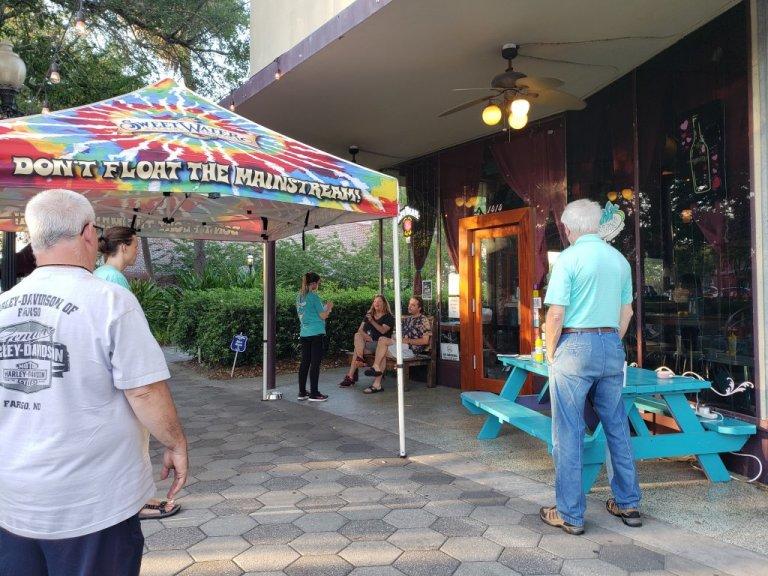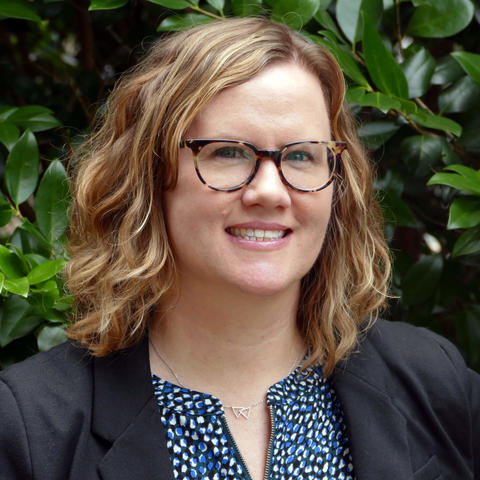
Caption
Vacationers heading to the Georgia coast for the Labor Day holiday will be at less risk of a COVID-19 infection at the beach than when they visit a local bar or restaurant. Tipsy McSway's in Brunswick, shown in late April, is now sometimes open for live music with limited seating.
Credit: Georgia Recorder/File

